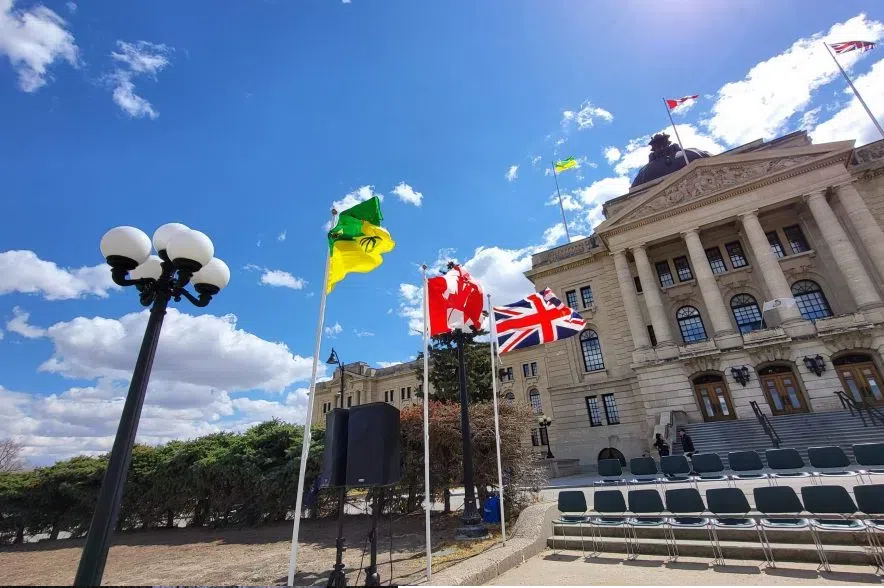With the Federal Government slashing immigration over the next few years, the big question is being raised as to how it will impact Saskatchewan’s economy.
Rawlco Radio Business Commentator Paul Martin said it likely won’t have as much of an impact in our province as it will on other provinces like Ontario, Quebec, and British Columbia.
“Immigration has been the big driver for our population growth and that spurred a lot of economic growth, but the percentages that we get are not nearly as high as some of the other provinces,” he said.
“The effect in Saskatchewan will be mitigated, comparatively speaking to the rest of the country.”
Martin said that’s mainly because Saskatchewan is not the “primary choice” of provinces in Canada that immigrants choose to come to.
When it comes to the Provincial Nominee Program, Martin explained that the province has relied heavily on it.
“Saskatchewan has some very specific needs that we’ve been filling, so that’s been a very positive program for business. Businesses really like it, and as long as that continues, even if it’s slightly watered down, it will be a positive.”
The Provincial Nominee Program is an immigration pathway for skilled foreigners to become permanent residents in Canada — to help fill gaps in high-demand occupations in Saskatchewan.
“It’s a very positive program for us, so business people won’t want to see that disappear,” added Martin.
Initially, the Feds planned to bring in 500,000 new permanent residents in both 2025 and 2026.
However, it is now dropped to 395,000 new permanent residents in 2025, then 380,000 permanent residents in 2026 and 365,000 permanent residents in 2027.
Read More:
- In the news today: Trudeau to announce major drop in immigration
- Sask. post-secondary institutions navigating international student cap
- U of R International students struggling to get visa approval, tuition increase
The Feds are also planning to reduce the number of temporary residents to five per cent of the population over the next three years.
Meanwhile, Martin explained that post-secondary institutions in Saskatchewan will likely feel the burn from reduced immigration.
“It’s going to cause budgetary changes because they charge foreign students more, and if they lose them, that’s a big revenue stream,” said Martin.
“So they only have two choices: Either get more money out of government or raise tuition so that everybody else pays a bigger share.”
This is because post-secondary students in Saskatchewan have been pushing to keep the number of international students up.
This adjustment is a response to criticism regarding the Liberal government’s rising immigration levels and the strain on housing affordability.
However, Martin suggested that is a “political spin.”
“What you’re seeing here has got less to do with economics and more to do with politics and clearly, the politics in Ottawa these days are very volatile, and the federal government is looking for anything that will change the subjects from the questions about the Prime Minister’s leadership and their standing in the polls.”
— With files from the Canadian Press











